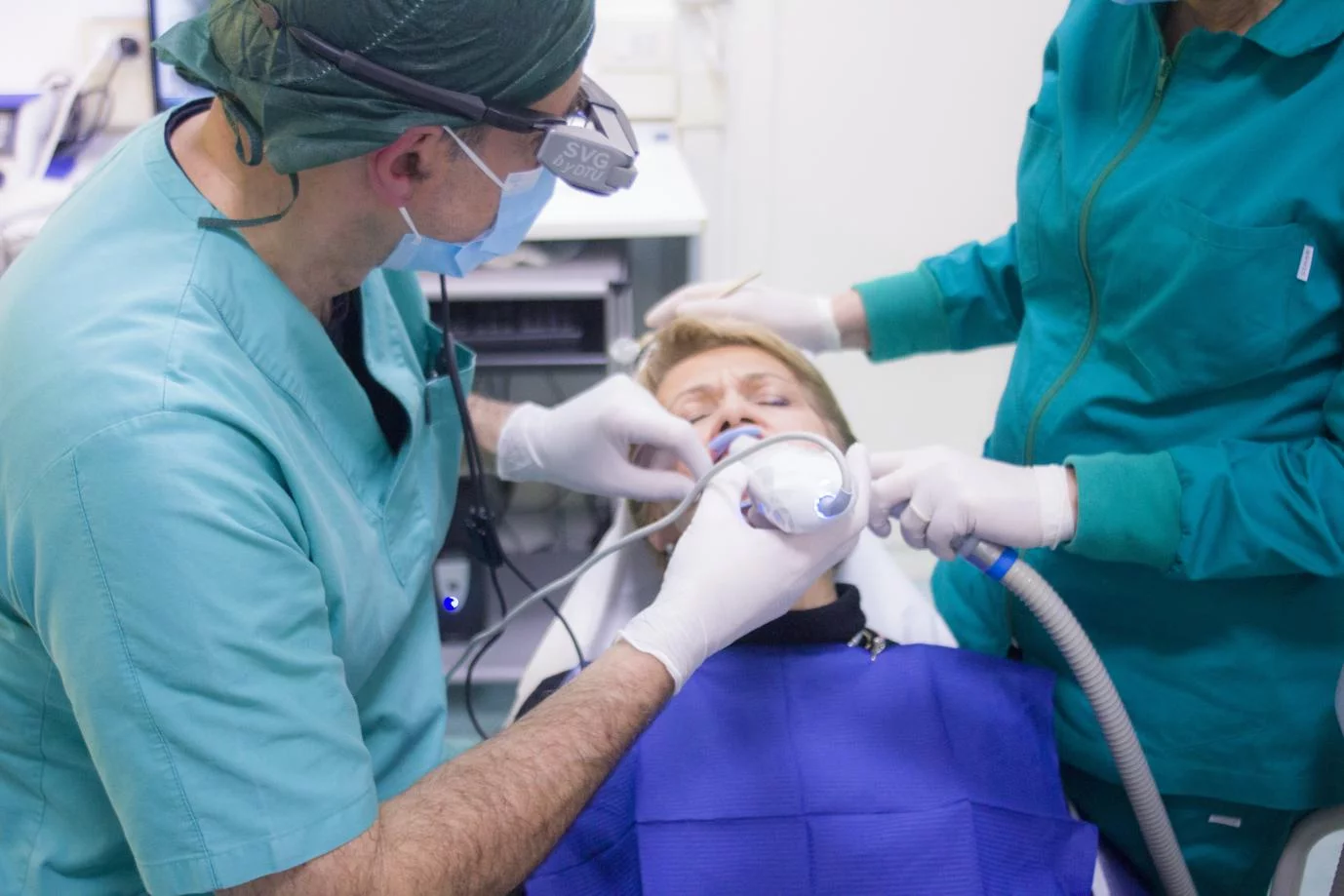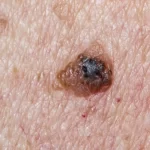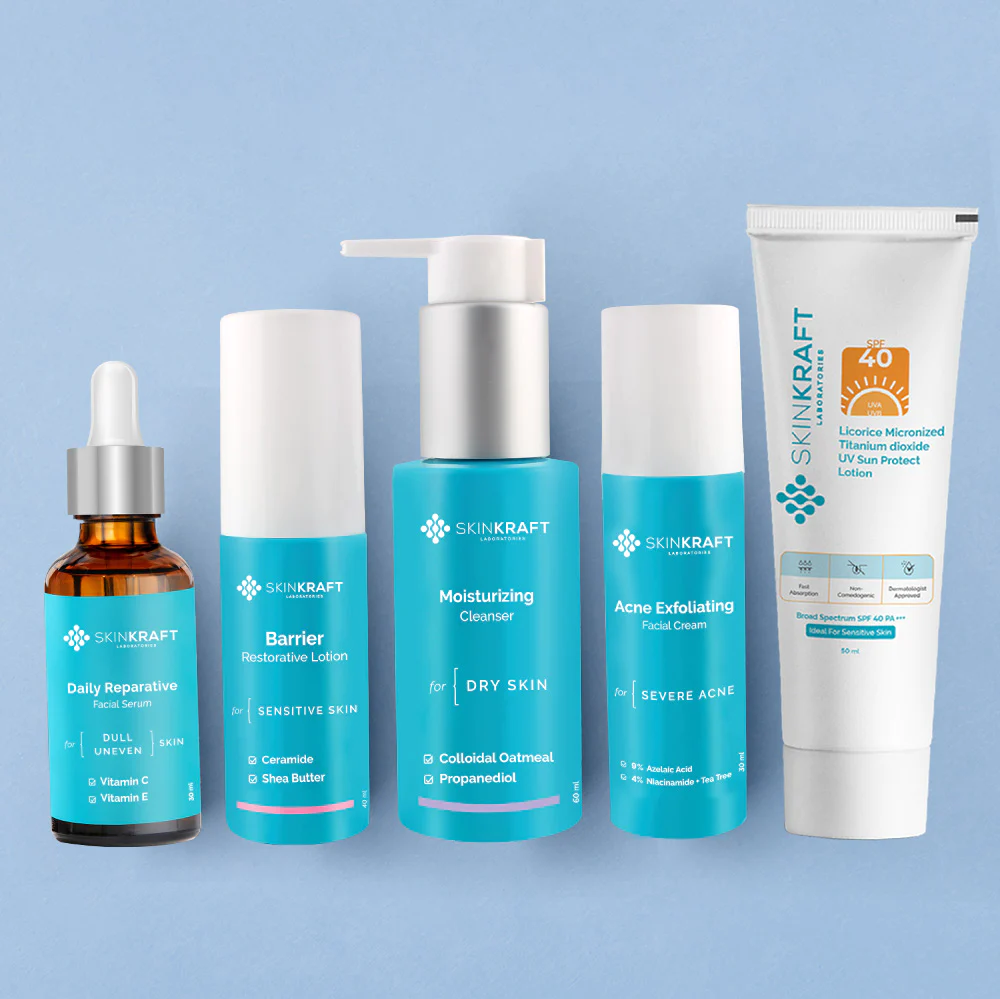An effective combination of gentle cleansing and moisturizing cream or oil can make all the difference for every skin type, according to dermatologists’ recommendations.
Patent medicines and beauty preparations from the 1800s often straddled the line between medicine and cosmetics, promising to eradicate freckles, reddening, calm rashes, or soothe irritations.
Skin Types
Recognizing your skin type is the first step toward crafting an effective skincare regime that delivers real results. There are five primary skin types, namely normal, dry/dehydrated, oily, combination and sensitive.
People with normal skin produce only small amounts of sebum to keep the complexion balanced and even. While they may experience occasional breakouts or blemishes, it will never feel too oily or dry.
Individuals with oily skin typically produce too much sebum, leading to shiny and greasy-looking complexions. Clogged pores and blackheads may occur more often; gentle cleansers that don’t strip the complexion’s natural oils are recommended as products suitable for oily skin types.
Cleansers
Cleansers remove makeup, skin care product residue, microbes, oil, dead skin cells and dirt from your skin’s surface to help reduce filth accumulation, infections and clogs as well as prevent cosmetic issues like dullness and overproduction of shine.
Though cleanser formulas all work to effectively cleanse skin, not all are created equal. Therefore, it’s essential that you carefully review their ingredient list in order to select one which is safe and beneficial to your complexion.
Gel cleansers are water-based products, so they are less likely to dry out your skin and can actually help it remain more hydrated over time. Furthermore, these types of cleansers are great options for those with sensitive skin who might otherwise find traditional cleanser too harsh.
Moisturizers
Moisturizers are oil-based products designed to prevent transepidermal water loss (TEWL). By creating a barrier and locking in moisture, moisturizers prevent transepidermal water loss (TEWL). They tend to be greasy in texture and may contain substances such as petrolatum or mineral oils; as well as esters, shea butter or cocoa butter as emollients; plus lipids like ceramides for extra moisturization benefits.
Emollients help soften skin by filling in crevices and smoothing away flaws to enhance its appearance. Humectants like glycerin, alpha hydroxy acids, urea and hyaluronic acid attract water molecules directly to cells on your skin surface to hydrate it, keeping cells hydrated. Antioxidants may be included in moisturizers to counteract signs of aging by neutralizing free oxygen radicals and encouraging cell regeneration.
Serums
Once cleansed and toned, serums are the next step of any good skincare routine. With lightweight yet potency-packed active ingredients such as vitamin C and retinol that protect from free radical damage caused by sun or pollution exposure.
Cosmetic procedures can also help enhance firmness, smoothness and tone while decreasing fine lines and wrinkles. Serums may help minimize pores size while decreasing oil production while niacinamide and zinc treat discolorations and provide hydration.
Serums tend to be thinner than moisturizers and come in small bottles with pump or medicine-dropper applicators for precise dosing. As these contain high concentrations of active ingredients, overuse may cause skin irritation.
Sunscreen
Sunscreen should be an essential component of any skin care routine. It provides vital protection from UVA and UVB rays which cause burning, premature aging and skin cancer.
Mineral sunscreens such as zinc oxide or titanium dioxide sit directly on the skin to block UV rays, while chemical sunscreens contain ingredients such as oxybenzone, avobenzone or ensulizole to absorb UV radiation – they may also include fragrances or oils to further block sun rays.
Always apply sunscreen as the last step of your skin care routine before heading outside into the sun, and reapply every two hours or as directed on the product label. UVA rays can penetrate windows and damage skin even inside homes – so make sure that you wear your sunscreen indoors too.







 The Essential Guide to Digestive Enzymes Australia: Boost Your Gut Health
The Essential Guide to Digestive Enzymes Australia: Boost Your Gut Health  Latest Breakthroughs in Acne Treatment
Latest Breakthroughs in Acne Treatment  The Rise of Virtual Fitness Classes
The Rise of Virtual Fitness Classes  Fun and Creative Ways to Stay Active Indoors
Fun and Creative Ways to Stay Active Indoors  Linking Oral Health to Overall Wellbeing
Linking Oral Health to Overall Wellbeing  Can You Exercise While Pregnant?
Can You Exercise While Pregnant?  Is Skin Cancer Curable?
Is Skin Cancer Curable?  How Much Is Dental Bonding?
How Much Is Dental Bonding?  The Rise of Telemedicine and Its Impact on Healthcare
The Rise of Telemedicine and Its Impact on Healthcare 